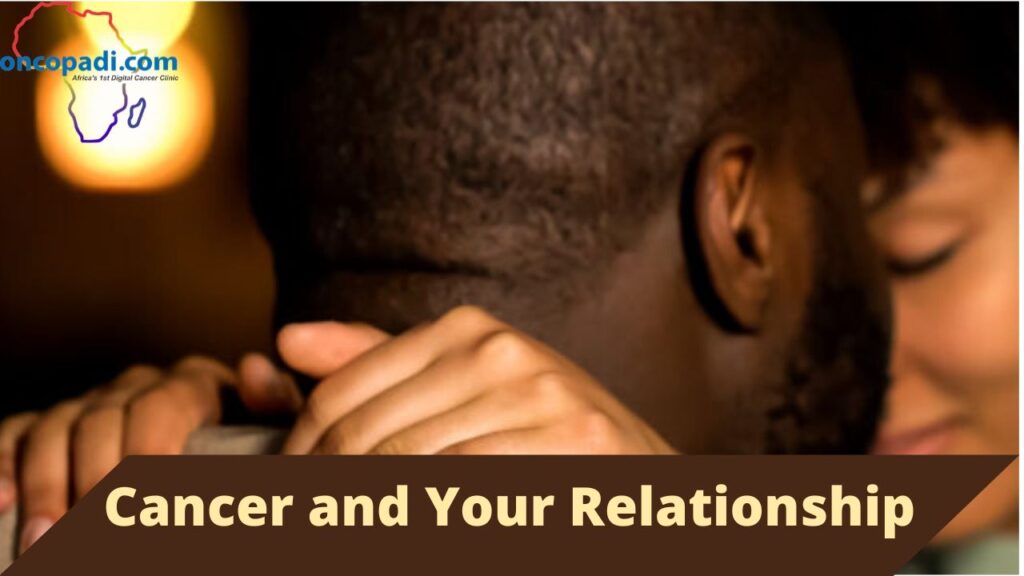A lot of changes follow a cancer diagnosis. There are usually significant changes to your health, outlook to life, routines, work and daily activities. As you go through treatment, other changes may also occur. One of the big changes that will occur is your relationship with other people: especially when they are informed of your diagnosis. You may be unable to keep up with the usual routines, due to your diagnosis and this changes a lot. For example, your attendance at the annual girl’s day out or church event may be shelved because you need to recover from chemotherapy.
People tend to react to bad news differently and based on their perspective. They need a period of readjustment and so do you. Some of your friends, family and loved ones will eagerly cheer you on and be supportive through the cancer journey. Some may pull away for different reasons. This article looks at the possible changes in relations you should expect after a cancer diagnosis.
Your partner
A serious illness is always a challenge to couples as it is a major life event for both parties. It brings a new dimension and changes to your relationship. The response of your partner to the challenges that come with cancer is significant. Research has shown that many people tend to do better in their cancer journey if they have supportive partners.
Adapting to the changes means taking greater responsibility for your health, their health, family and everyday matters. There will also be changes to your sex lives and parenting. They also have uncertainty, fear, distress and emotional concerns.
The changes you should expect, either positive or negative will generally be based on how you have lived together in the past, your experiences together singly and as a couple, and how you coped with difficult circumstances in the past. New problems may merge due to the stress of cancer and old ones may be aggravated. For some couples, the cancer experience deepens their relationship. you should talk to your partner at all times and understand their thoughts, emotions and concerns.
Relatives, Friends and Family
For your family and relatives, a lot of questions and worries may come up. They are often concerned about the diagnosis and how best to react to the news. Each person responds in different ways based on your prior relationships. While some of them may be eager to show support in any way, others may be less inclined to. Sometimes, they just do not know how to react and maybe facing other difficulties in their own lives. They may also feel helpless.
Your circle of friends may also change because some of your friends withdraw their interest and support or because of your values and view of life changed. For your closest family members and friends, be sure to enlist their help, ask for specific things you may need from them (for example, picking up your kids from school on your appointment days) and discuss the tough the issues. Always give feedback on their input to help them offer you necessary help.
Co-workers, religious groups and distant friends
The people in this category tend to get involved much later on. They are often acquaintances or long-lost friends whose support will be occasional and often minimal but still important. Your social withdrawal may mean seeing them less.


